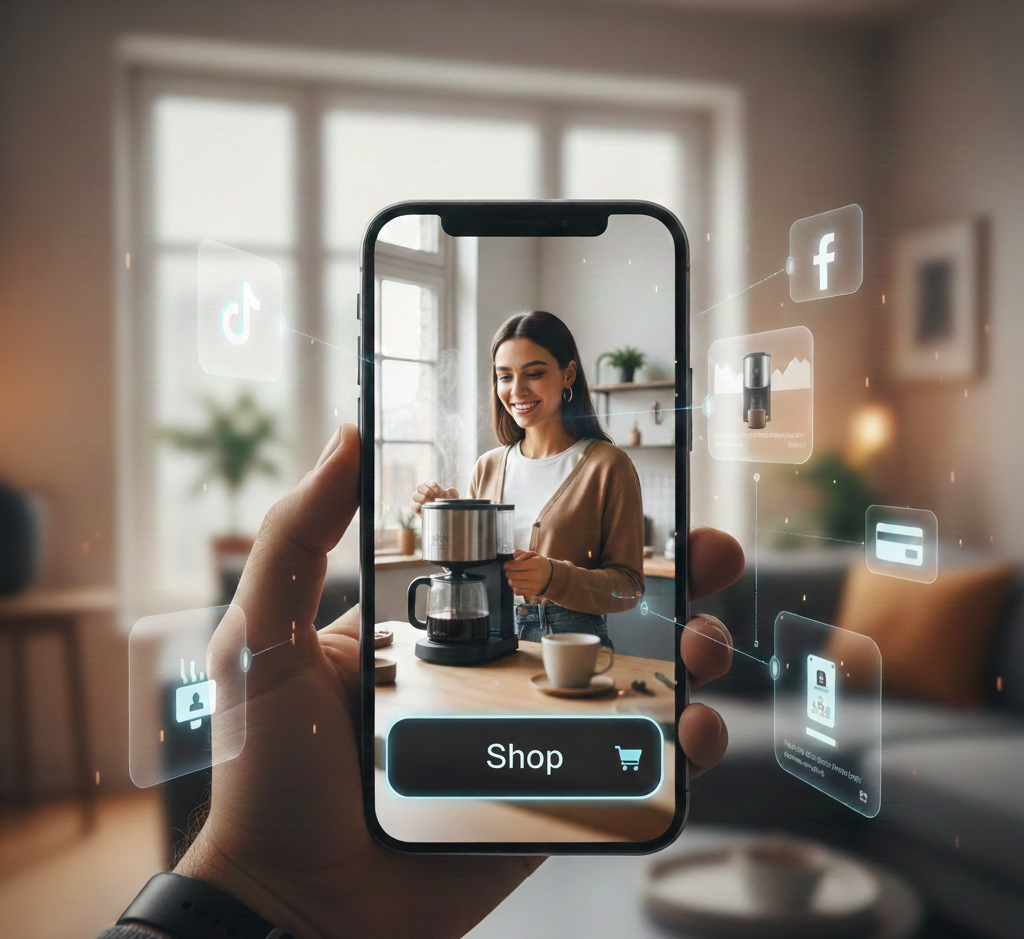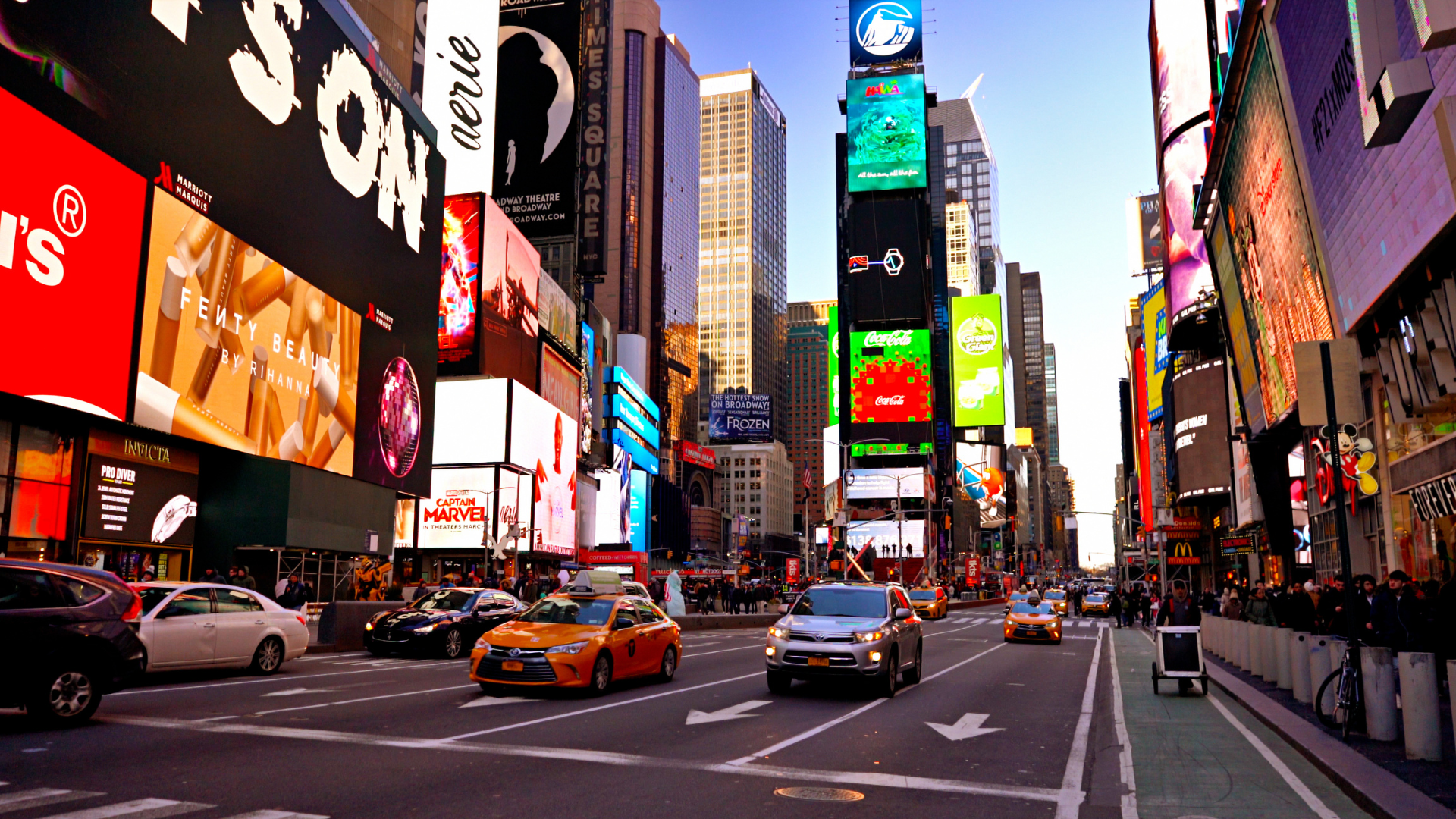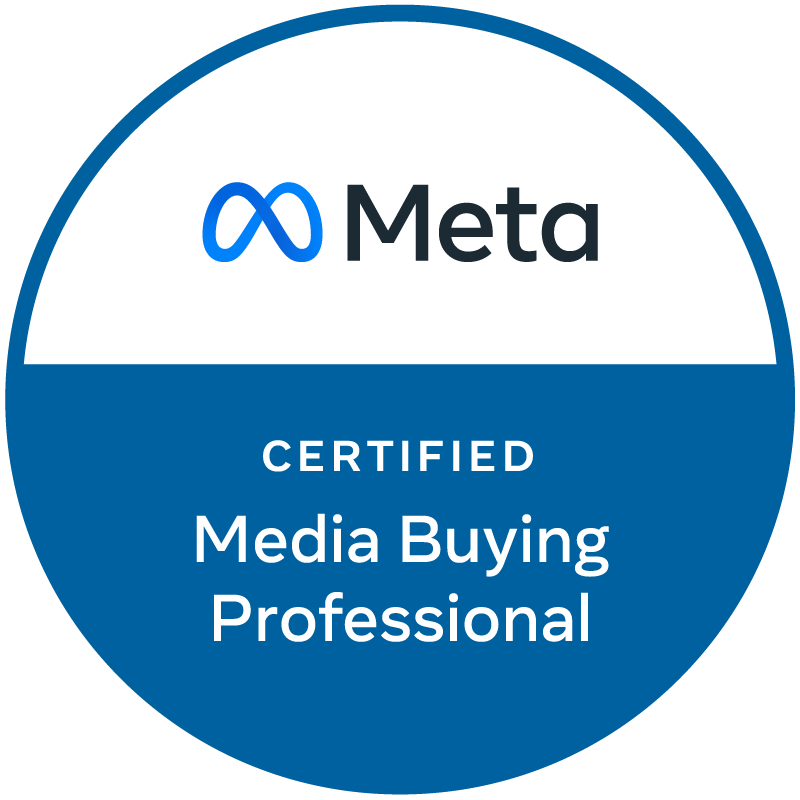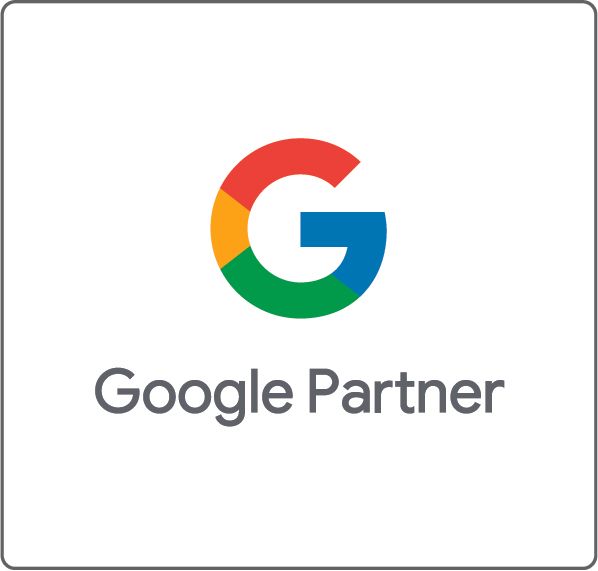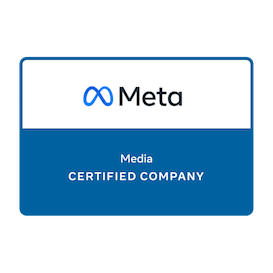Navigating the Fine Line: Using Celebrities in Brand Content

Many brands think about including celebrities in their marketing materials, attracted by the buzz around stars like Taylor Swift and Travis Kelce. However, it's important to understand the legal rules and fair use aspects in this situation.
The widespread misunderstanding of copyright laws has been increasing across the digital landscape. For brands, it's crucial to understand the legal implications and potential backlash of utilizing celebrity images without proper licensing. It's important to know that organic or paid content featuring a celebrity's likeness or image needs permission from the rightful owner. That means you would need to not only negotiate with the celebrity but also pay the photographer for the rights to the image you want to utilize.
Contrary to popular belief, celebrity memes are not fair use. Simply having an image go viral doesn't erase the rights associated with it. According to copyright law, if you're using their likeness in content for commercial purposes without permission, you're infringing on the rights of the celebrity and the original photographer.
Two brands that have walked the fine line of these rights were Aerie and Ulta Beauty. They utilized the announcement of a Taylor Swift album to create Instagram posts promoting their own product lines. Even though the campaigns were very timely and resonated with their consumers, this still can bring up issues for the brands overall and could lead to repercussions. An example of this is in the case of the jewelry brand Jennifer Meyer. They used an image of Taylor Swift wearing their earrings without permission and ended up in a hefty lawsuit for copyright infringement.
A recent example that highlights how fast meme culture can escalate—and why caution is necessary—is the viral Coldplay concert moment that took over TikTok in July 2025. During a show in Foxborough, a kiss-cam clip featuring a CEO and HR executive went viral, leading to intense speculation, tens of millions of views, and ultimately the resignation of one of the individuals involved. Brands like
Ryanair and Chipotle quickly jumped in, using the
moment for meme-driven marketing. While their content gained traction, it sparked serious conversations about privacy, doxing, and whether marketers should capitalize on viral moments involving real people without their consent. This incident serves as a cautionary tale for brands navigating fast-moving trends and reminds marketers to weigh the risks before engaging with viral content.
It goes beyond just pictures as well. Big platforms, such as TikTok and Instagram, often encourage brands to join in on trending topics, including the use of popular sounds and music clips, despite the legal gray area this represents. It's a digital tightrope walk; on one hand, participating in these trends can significantly increase a brand's visibility and engagement with their audience. On the other hand, the legal implications of using copyrighted audio without explicit permission cannot be ignored. Already, some brands find themselves facing lawsuits for incorporating trending songs or audio in their advertisements or boosted posts. This enforcement has primarily targeted commercial uses, serving as a stern reminder of the critical need for brands to understand and respect copyright laws, even in seemingly casual or viral marketing strategies.
While memes and trends may yield short-term results for your brand, creating custom content that resonates with your audience is key to sustained engagement. In addition to ensuring that a trending meme or sound can be used legally, be sure to think about whether it fits with your brand identity and the audience you’re trying to reach.
If you need help with your social feed, contact SparkShoppe today to ignite your digital strategy today with a free
30-minute consultation!











